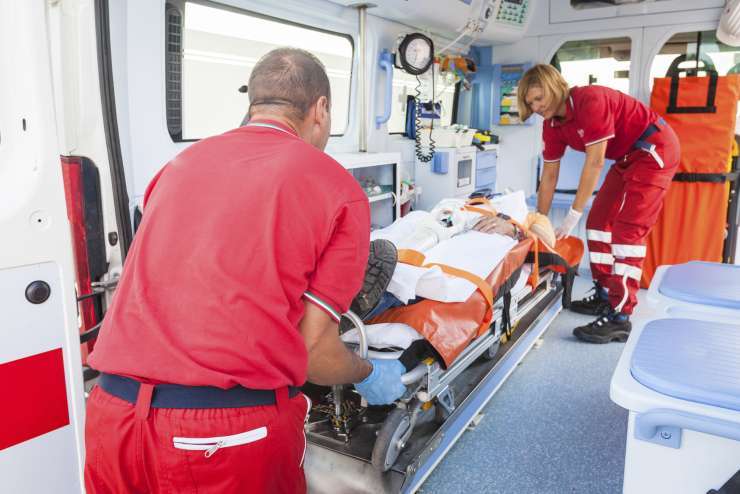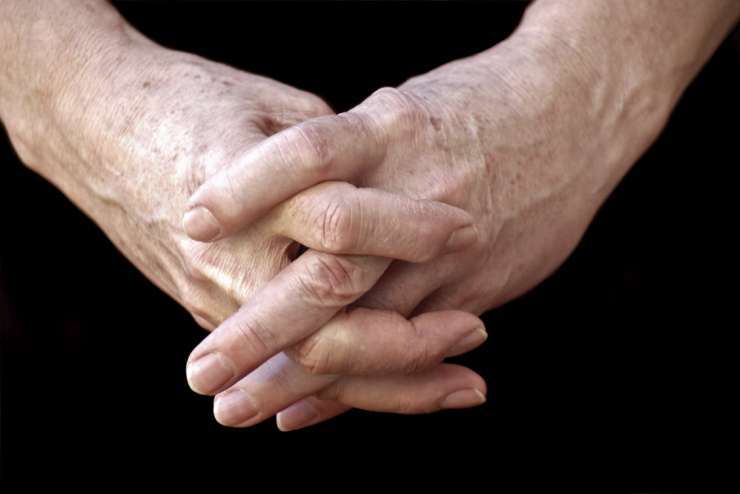There are many, many reasons why we are all so tired on a regular basis. Maybe you have a new baby, work the night shift or double shifts, had a late night at the office, have a sleep disorder, or many other possible reasons. While you might say how tired you are numerous times a day, you likely don’t think about it when you are getting behind the wheel of your car to drive home from work.
The truth is that fatigued driving is an epidemic. While many people associate fatigued driving accidents with commercial truck drivers, any driver can be overly tired and cause problems on the road. You may not think that being a little drowsy will do much to affect your driving abilities. However, theNational Sleep Foundation reports that drowsy driving can have similar effects as drunk driving.
The legal limit for impaired driving is a blood alcohol content (BAC) of 0.08 percent, though some people may experience impairment with a lower BAC. The Sleep Foundation reports the following about drowsy driving:
- 18 hours of awake time can mimic a 0.05 percent BAC
- 24 hours of awake time can mimic a 0.10 percent BAC
Many of us are up for 18 hours at a time. More people may stay awake for 24 hours than you might imagine. They may have had a bad night’s sleep or may be up all night with a sick child. They likely have no idea about the risks they pose when they get in the car to go to work in the morning after getting little to no sleep.
Some people may experience microsleeps throughout the day, which can be very dangerous when driving. A microsleep is an involuntary and brief bout of sleep, usually from one to ten seconds. Many people with sleep disorders such as narcolepsy or sleep apnea experience numerous episodes of microsleep in a day. Often, they do not even realize it is happening. Unfortunately, a single second of lost focus or microsleep is enough time for a driver to crash, often colliding with other vehicles and causing injuries.
Drowsy drivers can crash in many ways, though rear-end crashes are particularly common. A driver may be heading down the road, may zone out from fatigue and not notice traffic is stopping in front of them. Once they notice, their reaction time is slower, so they cannot brake fast enough to avoid the crash. Drowsy drivers also commonly cause head-on collisions, which are often deadly. If a driver falls asleep, they usually lose all control and depart their intended lane. If they go off to the right, they may drive off the road or hit a guard wall. If they drive tot he left, they may cross over a double yellow line and into oncoming traffic.
Fatigues can cause the following problems for drivers:
- Trouble staying focused on the road
- Slowed reaction times and reflexes
- Dozing off or falling asleep behind the wheel.
Contact Our Connecticut Fatigued Driving Accident Attorneys
Drowsy drivers should be liable for any injuries or losses they cause. If you believe someone else caused your accident, call the car accident lawyers at Leighton, Katz & Drapeau for help. Call (860) 875-7000 or contact us online for free today.




